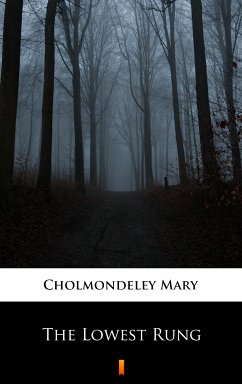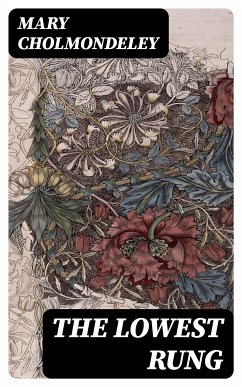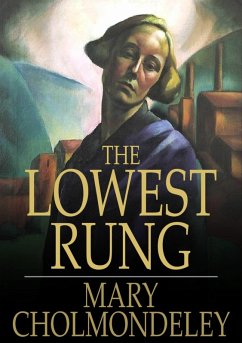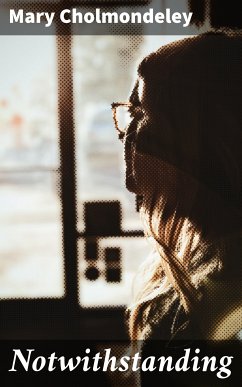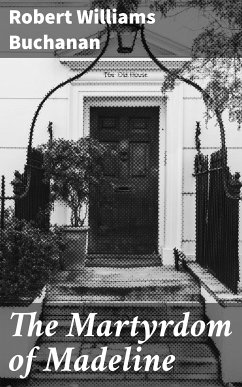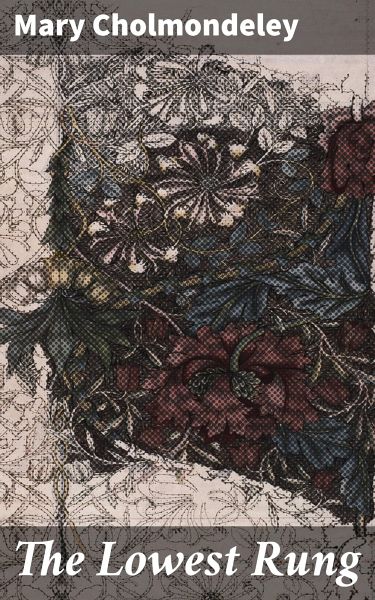
The Lowest Rung (eBook, ePUB)
Together with The Hand on the Latch, St. Luke's Summer and The Understudy

PAYBACK Punkte
0 °P sammeln!
In her compelling novella, "The Lowest Rung," Mary Cholmondeley intricately explores the themes of class struggle, personal ambition, and social morality in late 19th-century England. With a narrative that oscillates between realist observations and poignant psychological depth, Cholmondeley employs a vivid prose style that encapsulates the era's socio-economic tensions. The novella reflects the author's critical perspective on Victorian society, as it engages with ethical dilemmas and the often harsh realities faced by those at the margins of society. Through the nuanced experiences of her ch...
In her compelling novella, "The Lowest Rung," Mary Cholmondeley intricately explores the themes of class struggle, personal ambition, and social morality in late 19th-century England. With a narrative that oscillates between realist observations and poignant psychological depth, Cholmondeley employs a vivid prose style that encapsulates the era's socio-economic tensions. The novella reflects the author's critical perspective on Victorian society, as it engages with ethical dilemmas and the often harsh realities faced by those at the margins of society. Through the nuanced experiences of her characters, Cholmondeley invites readers to examine the complexities inherent in human relationships framed within societal constraints. Mary Cholmondeley was born into a socially privileged family but was attuned to the inequities of her time, which deeply influenced her writing. A fervent advocate for women's rights and a critical thinker, she often used her literary voice to challenge the status quo. "The Lowest Rung" stands out as a reflection of her commitment to social issues, delving into the lives of those who struggle against systemic indifference and advocating for empathy and understanding. I wholeheartedly recommend "The Lowest Rung" to readers interested in exploring the intersections of class and morality within the rich literary tapestry of Victorian literature. Cholmondeley's keen insights and vivid character portrayals offer a moving invitation to reflect on contemporary social hierarchies and our shared humanity.
Dieser Download kann aus rechtlichen Gründen nur mit Rechnungsadresse in A, B, BG, CY, CZ, D, DK, EW, E, FIN, F, GR, H, IRL, I, LT, L, LR, M, NL, PL, P, R, S, SLO, SK ausgeliefert werden.




